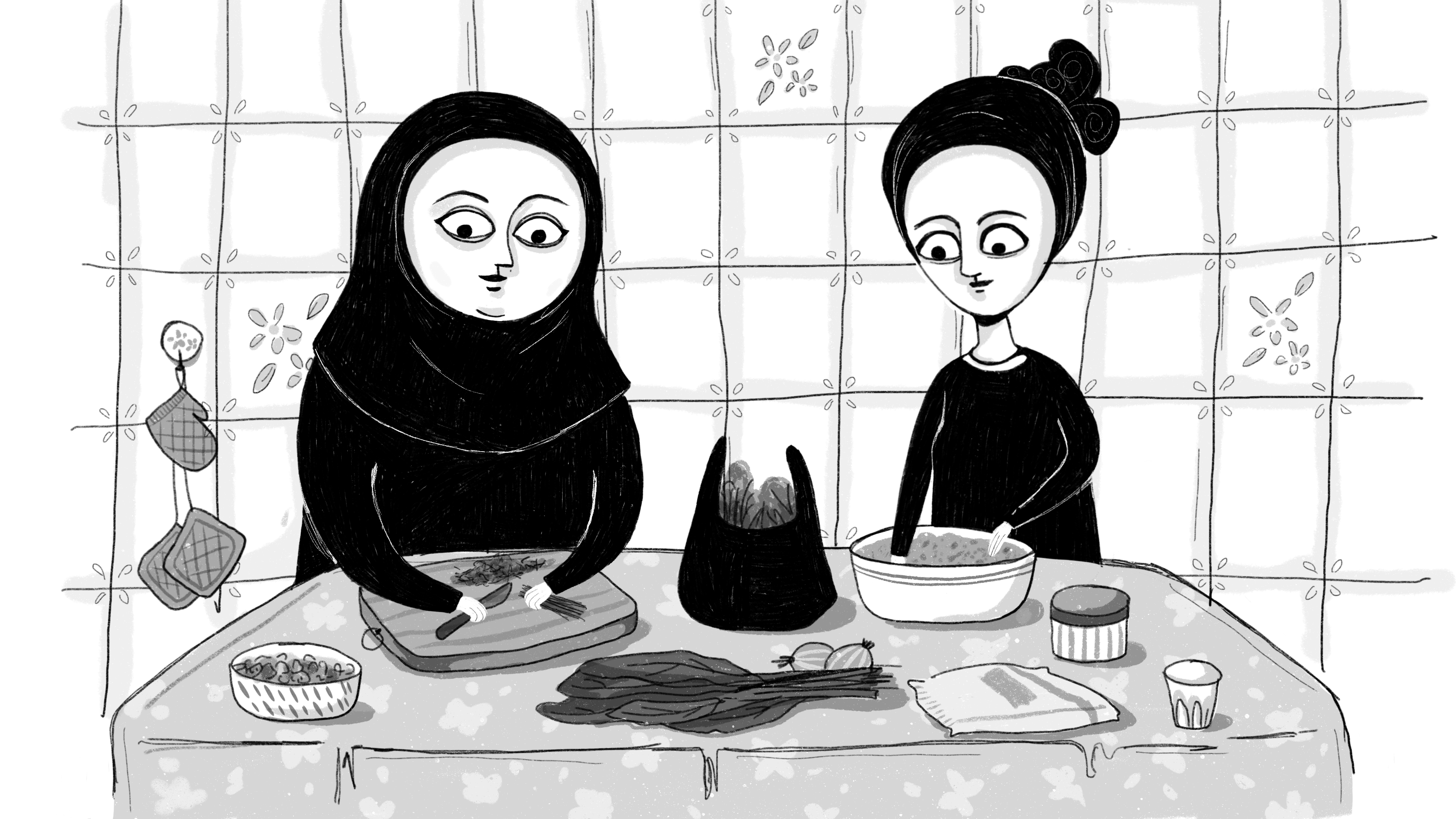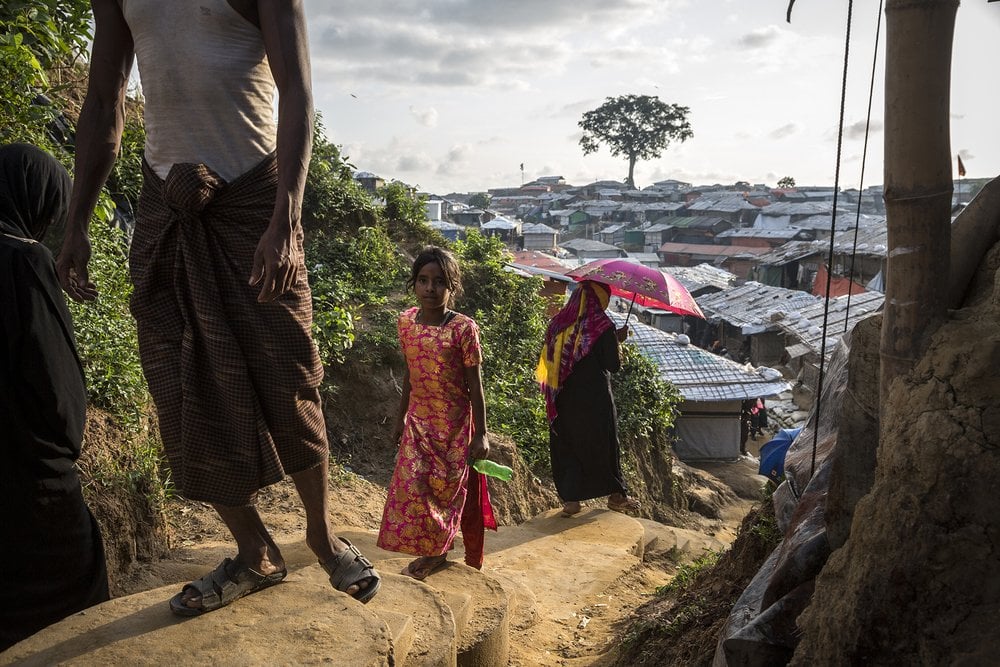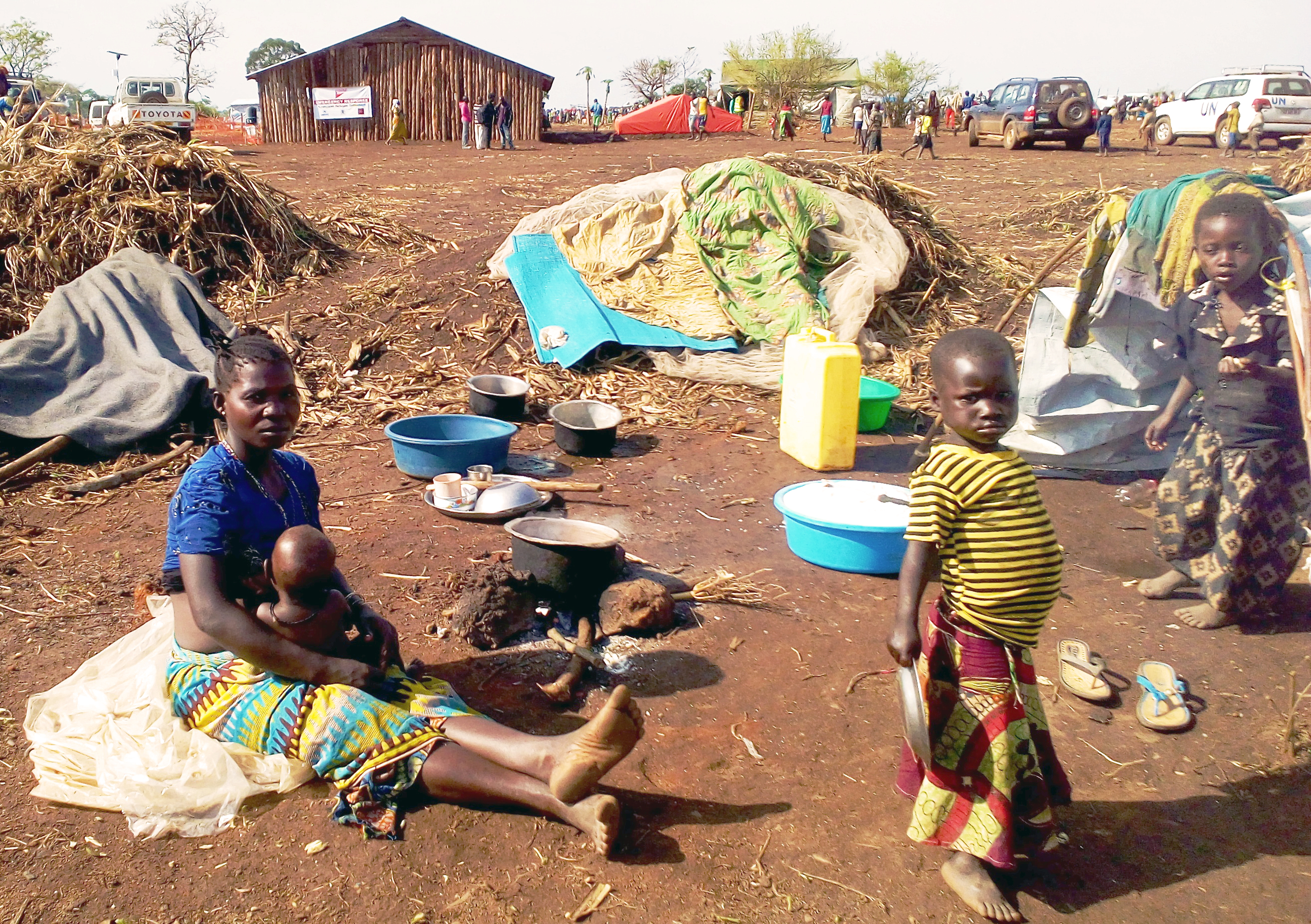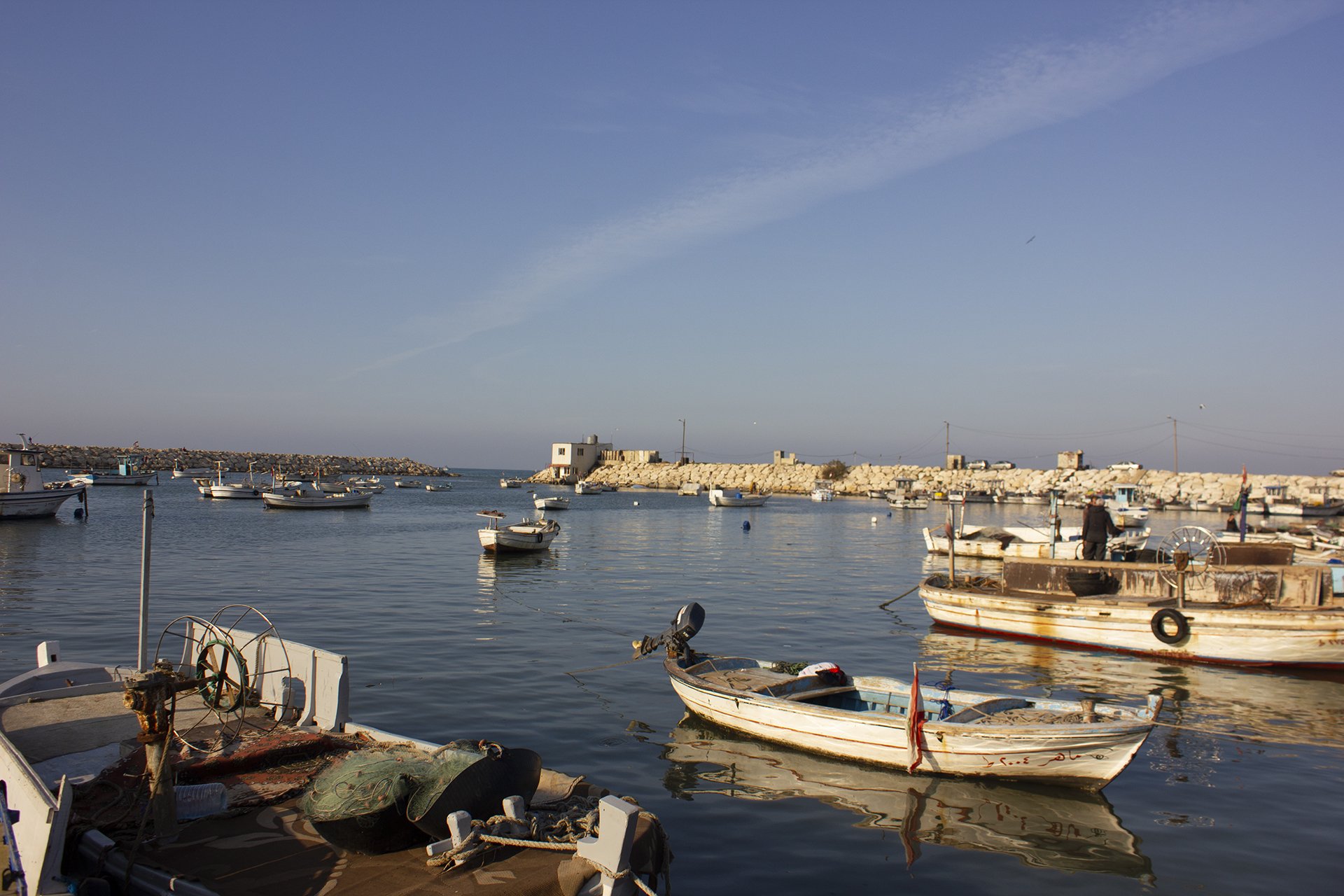The UN estimates the number of refugees has reached a record high – nearly 26 million worldwide, not counting the tens of millions internally displaced within their own countries, nor millions more rendered stateless.
The majority of the world’s refugees come from just three countries – Syria, South Sudan, and Afghanistan – and it is often their neighbours that bear the burden of providing sanctuary.
But refugees may not always find safety and acceptance once they leave home, and the pressure is growing for many to return, especially in countries where attitudes to immigrants have hardened.
Activists accuse several European countries – driven by a rise in support for far-right and nationalist parties – of looking to criminalise humanitarian aid. In the United States, President Donald Trump has intensified his efforts to prevent asylum seekers from crossing the southern border – even as numbers and needs grow in northern Mexico.
Read more → Water in the desert
Who exactly counts as a refugee comes with its own thorny politics. Last month, the’s UN’s refugee agency, UNHCR, released a statement saying that Venezuelans, who comprised the largest group of new asylum seekers in 2018, should be categorised as refugees – a status that would unlock new aid that could help them resettle and support host countries.
There is also growing scientific evidence in countries like Bangladesh that climate change is the likely culprit for specific disasters that spark humanitarian emergencies and large displacements of people.
On World Refugee Day, take a look at TNH’s reporting from around the globe, telling the stories of those who have been forced to flee their homes, from farmers in Somalia to Syrians in Lebanon.

Four nights this Ramadan, under the shadow of refugee returns in Lebanon
Lebanon has the greatest number of per capita refugees in the world. Behind the gloomy headlines, sometimes everyone gets along.

A novel approach to reach Rohingya refugees: Speak Rohingya
Facing high illiteracy rates and myriad languages in Bangladesh’s refugee camps, a UN mission is trying a new tactic to improve communication.

As Colombia tightens its border, more Venezuelan migrants brave clandestine routes
Where there’s a will there’s a way for those fleeing Venezuela’s economic meltdown.

‘Save us from this area, from this war’: Refugees seek safety in Tripoli school
Tens of thousands have fled fighting in Libya’s capital. That includes vulnerable refugees.

After conflict, cholera
As Congolese fleeing attacks in the northeastern Ituri province continue to stream into neighbouring Uganda, an outbreak of cholera with a worryingly high mortality rate is hampering efforts to respond to the sudden influx.

A war without end: Neighbours carry the burden of South Sudan’s fleeing millions
A million refugees have fled into Uganda to escape South Sudan’s civil war. Analysts say the chances of forging peace are becoming slimmer and so the war and the flow of desperate people is set to continue, further straining an already struggling aid operation.

Unsafe in Syria, unwanted in Lebanon
Dangerous attempts to reach Cyprus by sea show how Syrians feel increasingly trapped in Lebanon and pressure to return home grows.

"People are dying every day" – CAR refugees fleeing war suffer in Congo
The camps of ramshackle mud-brick shelters line the banks of the River Ubangi in the Democratic Republic of Congo. Inside, refugees from Central African Republic are suffering: from heat, from hunger, from disease.

Fleeing worsening war, Afghans find narrowing options in Turkey
Slim prospects for moving on or earning a living put thousands of lives on hold.

Somalia’s climate change refugees
Forced off their land by drought, rural families face a precarious existence in Mogadishu.
(TOP PHOTO: An extended family of Afghan asylum-seekers, on Greece’s Lesvos Island, wait on the beach for police to register them.)




